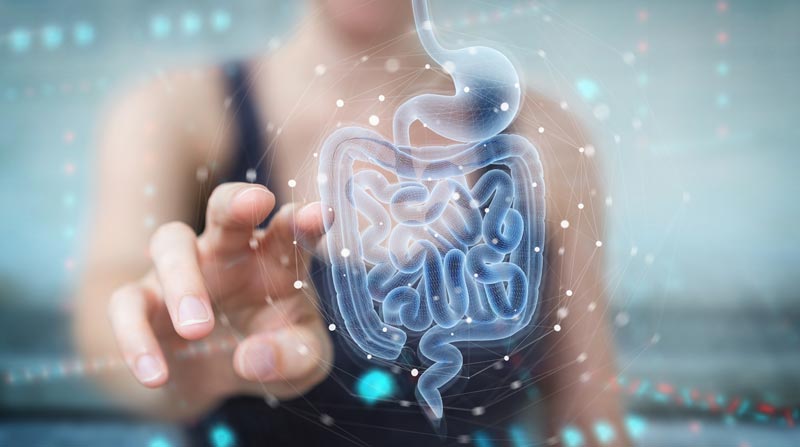So I want to keep this simple and I am not a scientist! But as a health coach and health advocate, I keep reading and hearing more and more frequently about Microbiome….sounds so ominous and maybe bad…what does that mean???
Micro means “small” and Biome means “habitat of living things.” Our microbiome is the genome of all our body’s microbes. Individual microbiomes can be called our “genetic footprints.” I like to think of microbiomes as our healthy/beneficial bacteria. Our microbiomes are composed of 100 trillion bacteria, viruses, and fungi. It is basically the internal complex ecosystem of bacteria in our bodies. Microbiome protects us from disease benefiting our gut health and immune system.
So where do diet and exercise come in to promote microbiome and gut health? From a health perspective, humans don’t make the necessary enzymes needed to break down 45-65% of what we eat. [Harvard University, 9/18] So what happens?
Indigestible foods (for example foods with high fiber) will go to the colon to be furthered broken down so it can be absorbed or eliminated. If your gut microbiome is off, one might have a harder time with digestion and losing or maintaining weight.
Incorporating exercise and diet at an early age sets the stage for developing gut microbiota composition that can produce more resilient and adaptive changes in metabolic responses. In other words, eating well and having an exercise routine promotes a healthy gut and metabolism.
To optimize gut health focus on eating a well-balanced diet abundant in fiber, fruits, vegetables (colors of the rainbow) and probiotics from whole food sources such as: yogurt, kimchi, kefir, sauerkraut, and other fermented foods. I highly recommend plant-based supplements to promote gut health. GutBGood or Kakadu Vitamin C Superfood by PLOOSH are excellent options to include in your daily diet. Also, probiotic supplementation may reduce fatigue post-exercise and improve skeletal muscle atrophy because of probiotics maximizing gut health.
Resource: Sarah Koszyk (registered dietician and sports nutrition). Swimmer magazine 2019

